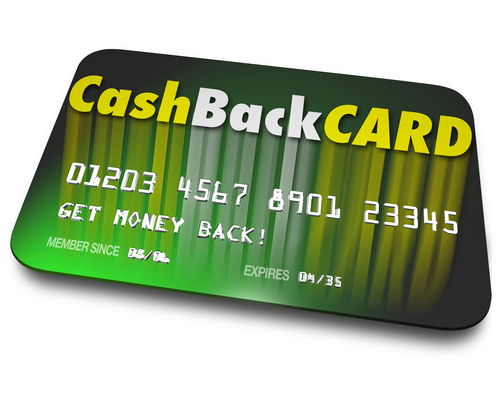Credit card users love to earn rewards in the form of points, miles, and cash back. But what they can’t do is agree which are the best type of reward credit cards, because it all depends on how they are used. Each type of rewards credit card has its own distinct advantages and disadvantages, which are important to realize before you apply for a new card.
Here are five different types of rewards credit cards, and the pros and cons of each:
1. Airline Miles
Airline credit cards were some of the first reward cards offered, and they remain popular to this day.
Advantages: These miles can be very valuable when redeemed for last minute flights and premium class international awards. Airline credit cards also frequently offer perks like priority service, discounts on on-board food and beverage purchases, and free checked bags. In fact, some premium cards offer airport lounge memberships and miles towards elite status.
Disadvantages: Airlines have been devaluing their frequent flier programs by offering fewer seats at the lowest mileage levels, and by charging more miles for particular flights. In many cases, travelers are not even able to see much more than one cent in value from their miles. If they were only earning one mile per dollar spent on their airline credit cards, then they might have been better off using a cash back card or a credit card that offers different types of rewards. In addition, many of these cards have annual fees of $100 or more.
2. Hotel Points
Like airline miles, hotel rewards credit cards have become popular by appealing to cardholder’s desire for free travel.
Advantages: Hotel loyalty programs are far more flexible and easy to use than airline programs. Many hotel chains will offer award nights in any unsold standard room, so members of their loyalty program will not have to deal with the blackout dates and capacity controls that have made airline miles less valuable. In addition, hotel credit cards can offer guests elite status, which can feature such benefits as early check-ins, late check-outs, room upgrades, and even free breakfast.
Disadvantages: Not every hotel program offers awards in any unsold standard room, so there are still companies that will restrict awards during peak periods, albeit not as strictly as the airlines do. In addition, these reward cards will usually have an annual fee, so cardholders have to take this cost into consideration. Finally, some of the hotel programs have changed their award charts to make free nights require more points than before, and there is always the danger of other programs doing this in the future. When this happens, cardholders will receive less value from the points that they have already earned.
3. Credit Card Miles
There is another type of credit card rewards that is offered by the banks, such as the Capital One Venture Rewards card. These rewards are often called miles, but they represent a fixed value as statement credits towards the purchase of travel reservations such as airfare, hotel, rental cars, and cruises. Nevertheless, the banks that issue these cards prefer to call their rewards miles.
Advantages: These credit card miles, which are typically worth one cent each, will always provide the same amount of value. Therefore, cardholders don’t have to worry about whether or not they are getting a good deal when they redeem their rewards. In addition, travelers can purchase reservations the same way they normally would, and use their miles.
Disadvantages: While it’s sometimes possible to receive fantastic value from airline miles, users of the bank issued miles will never receive more than one cent in value from each of their miles. And since miles are always worth one cent each, you could argue that these miles are little more than cash back cards by a different name, that require customers to purchase travel to get their rewards. In addition, many of these credit card mileage reward cards have a pricey annual fee, which is not justified for cardholders with modest spending requirements.
4. Points in Bank Rewards Programs
Some credit card issuers offer points in their own programs that can be used for cash back, merchandise, gift cards, and other rewards.
Advantages: These programs, such as the Chase Ultimate Rewards and American Express Membership Rewards program can be very flexible. In addition, these programs can allow members to transfer their rewards to airline miles or hotel points, giving them additional flexibility.
Disadvantages: Having many reward options can be confusing to some cardholders, and it takes some skill to find the best possible ones. Also, many of these cards have annual fees.
5. Cash Back
Cash back rewards are always a popular option, especially for those who do not travel frequently.
Advantages: Rewards earned in cash back programs retain their value, and credit card companies are unable to change the value of the rewards that cardholders have already earned. Credit card users never need to struggle to redeem their rewards, nor do they need to figure out the best way to do so.
Disadvantages: Some reward cards that have no annual fee will only offer 1% cash back. This is not a competitive rate of return when compared to the value that many airline and hotel reward cards can offer. In addition, many of the premium cash back cards have an annual fee. Although these cards may offer bonus rewards on some categories of purchases, they typically just offer 1% cash back on all other purchases.




